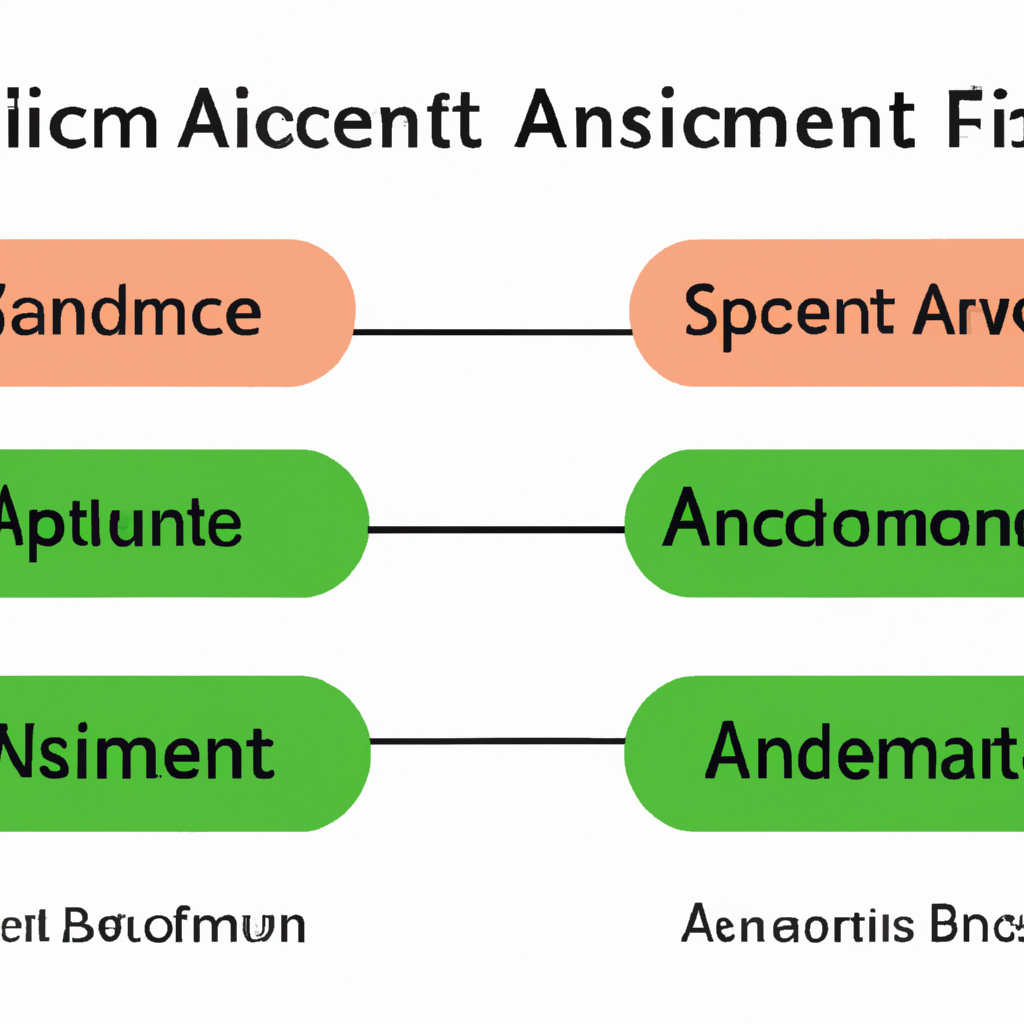
Comparing Investment Account Types: IRAs, 401(k) Plans, and Taxable Brokerage Accounts
Comparison of Investment Account Types
Individual Retirement Account (IRA)
An Individual Retirement Account (IRA) is a tax-advantaged investment account designed to help individuals save for retirement. There are two main types of IRAs: traditional and Roth.
– Traditional IRA: Contributions to a traditional IRA are typically tax-deductible, meaning you can reduce your taxable income for the year in which you make the contribution. However, withdrawals in retirement are taxed as ordinary income. There are also penalties for early withdrawals before age 59 ½.
– Roth IRA: Contributions to a Roth IRA are made with after-tax dollars, so withdrawals in retirement are tax-free. Additionally, you can withdraw your contributions (but not earnings) at any time without penalty. There are income limits for contributing to a Roth IRA.
401(k) Plan
A 401(k) plan is an employer-sponsored retirement account that allows employees to contribute a portion of their salary to a retirement savings account. Employers may also match a portion of the employee’s contributions, providing an additional incentive to save for retirement.
– Traditional 401(k): Contributions to a traditional 401(k) are made with pre-tax dollars, reducing your taxable income for the year. Withdrawals in retirement are taxed as ordinary income. There are penalties for early withdrawals before age 59 ½.
– Roth 401(k): Some employers offer a Roth 401(k) option, which allows employees to make after-tax contributions. Withdrawals in retirement are tax-free. Like a Roth IRA, there are income limits for contributing to a Roth 401(k).
Taxable Brokerage Account
A taxable brokerage account is an investment account that does not offer any tax advantages. While there are no contribution limits or restrictions on withdrawals, you will owe taxes on any capital gains, dividends, or interest earned in the account.
– Capital Gains Tax: When you sell an investment for a profit, you will owe capital gains tax on the difference between the purchase price and the sale price.
– Dividend and Interest Income: You will owe taxes on any dividends or interest earned in the account, regardless of whether you reinvest the income or withdraw it.
Comparison
When deciding between investment account types, consider your individual financial goals and tax situation. If you are looking to save for retirement, an IRA or 401(k) may offer tax advantages and employer matching contributions. If you have already maxed out your retirement accounts or are saving for other goals, a taxable brokerage account may be a good option.
It is important to consult with a financial advisor to determine the best investment account types for your specific needs and circumstances. Each account type has its own benefits and drawbacks, so it is important to weigh the tax advantages, contribution limits, and withdrawal restrictions before making a decision.

